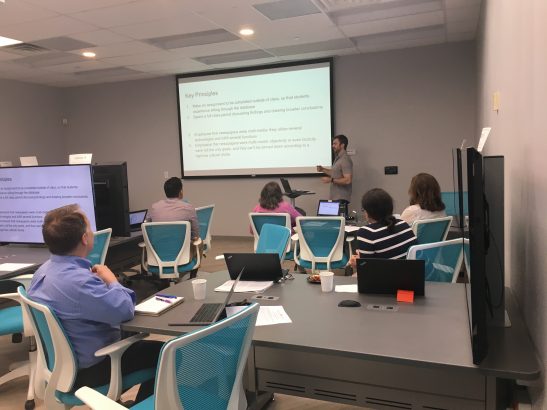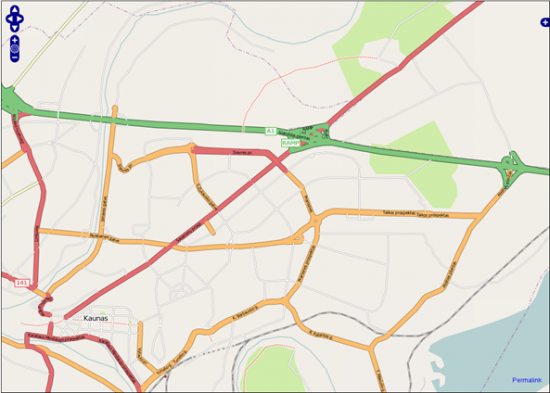

On June 17th, Data Services and the Digital Humanities 2021 Summer Seminar will run a full-day of presentations and discussions. This full-day is designed to provide faculty with the 21st century skills needed to promote student engagement and critical thinking skills and to inspire creativity. To attend any of the presentations, please use this link at the scheduled presentation time.
The Seminar will begin at 9AM, with a panel on the 21st Century Skills for faculty. In this panel, several faculty members from various departments will share their thoughts and experiences with digital skills. Panelists include Chelsea Barrett, Business University Librarian, Jonathan Farina from the English Department, Daniel Ladik from the Marketing Department, Michael Taylor from the Political Science Department, and Genevieve Zipp, from the Interpersonal Health Sciences and Health Administration Department. The recording of the panel is now available through this link.
At 10AM, SHU Data Services will cover data management and will target those interested in learning more about data workflow, metadata, digital preservation, and how to write a data management plan that meets federal guidelines. To obtain the recording of this session, please click here.
Shortly after, at 10:40AM, Data Services will begin its ArcGIS and StoryMaps program. In this workshop, the audience will learn how to combine ArcGIS and StoryMaps to create powerful customized maps to highlight the narrative behind datasets. The recording of this session is now available through this link.
Additionally, at 11:25AM, Data Services will start an overview session on Atlas.ti. This session will teach beginners users how to use this qualitative software tool to locate text, code information, and annotate your findings. To catch-up on this session, click here to watch it.
After these Data Services presentations, the full-day event will continue with various presentations covering other skills. From 1PM-1:20PM, Sara Fieldston from the History Department will present on WordPress’ student projects.
Following her presentation, Professor Greg Iannarella from the English Department will present on Sway and OBS at 1:25PM. He will discuss how students and faculty can use each tool for their coursework.
Afterwards, Dongdong Chen from the Languages, Literature, and Cultures Department will discuss Podcasting at 1:50 PM. Her presentation will cover how students can engage with class materials by using podcasts.
At 2:15PM, Rachel Warmington from the English Department will begin a presentation on MS Forms and Twine. The presentation will explain how students and faculty alike can use these tools to create digital stories.
Finally, at 2:40PM, Mary Balkun from the English Department will present on Scalar, an open-source publishing platform for essays and book-length projects.
To check on each of the sessions mentioned above, please check this link of the recording of all afternoon sessions.
To stay updated on future SHU Data Services programs, please visit the Research Data Services Blog for other updates. We expect to run more programs this summer. Finally, if you have any questions, please feel free to reach out to the Data Services team at data.services@shu.edu.
To remain up to date with the Digital Humanities Committee, please visit their website. Since 2015, the Committee promotes faculty development in digital humanity skills and tools. For more information, please contact Mary Balkun at mary.balkun@shu.edu or Marta Deyrup at marta.deyrup@shu.edu.




